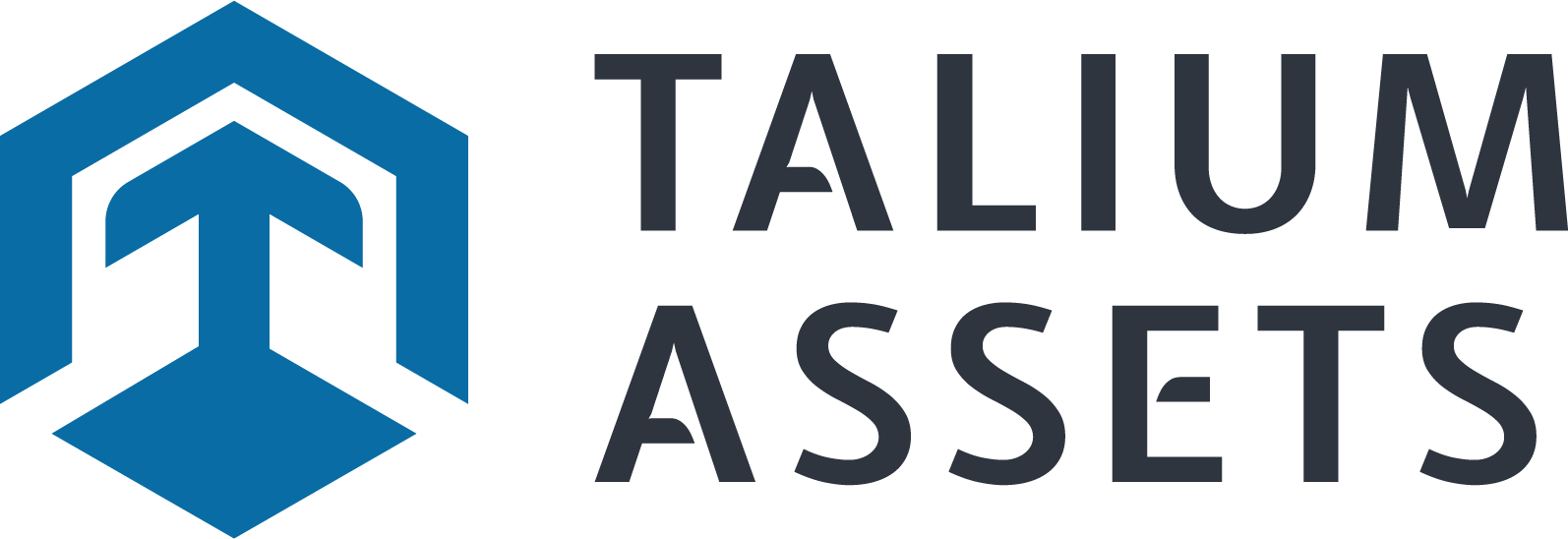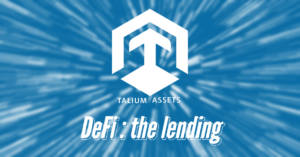Last Updated on February 17, 2021 by Talium
Companies have different choices to raise funds. Typically, this will depend on the amount, what the company is offering in exchange for the funds and the underlying technology. This guide will help you make your choice.
The different terms around fundraising
Before beginning this article, it is important to note that the various terms explained below are not all airtight. As we will see in the next chapter, it all depends on what you are issuing. Only the IPO and EO are very specific. Everything else can be done, for example, on the Talium Assets digital asset management platform.
ICO: Initial Coin Offering.
It is a fundraising method similar to an IPO but instead of issuing financial securities, the company issues a financial asset (cryptocurrency or utility token) against traditional money or cryptocurrency. Benefiting from a non-existent or very light regulation until 2018 (in France), this made it much easier to raise funds. However, some scams took advantage of this lack of jurisdiction which made this process less trustworthy. An ICO can take place on a platform (such as Talium Assets), or on an exchange platform (in this last case, that would be an IEO).
Law: PACTE on PSANs (see article linked above for more details), FATF on VASPs
Advantages: Allows better accessibility to small investors. Today highly regulated.
Disadvantages: In France, requires an AMF VISA, which represents a cost. The VISA is optional but nevertheless mandatory if the offer is public or if it is advertised. ICOs do not necessarily enjoy public confidence because many scams have taken advantage of the lack of jurisdiction in the past. Requires the writing of a white paper which can be costly for the issuer.
IEO: Initial Exchange Offering.
An IEO has the same characteristics as an ICO with the difference that the emission is entirely conducted on a trading platform. Thus, it is the platform that will manage the smart-contract if applicable, the KYC, a part of the marketing, will make checks on the project, and also allow the token to be directly available on a secondary market at the end of the initial issue.
Law: PACTE on PSANs (France), FATF on VASPs
Advantages: The exchange platform has token management which relieves the issuer. Reassures the investor. Accessible to small and large investors.
Disadvantages: The platform takes a commission which implies a high cost. The issuer must trust the platform.
IPO: Initial Public Offering
It is a classic fund-raising method that allows financial assets to be sold for ordinary money, known as “fiat”. An IPO is done on a traditional stock exchange platform.
Law: prospectus directive, MIFID II
Advantages: Benefits from good user confidence because it is very well supervised. Benefits from its “traditional” character. Due diligence: companies are valued by an external organization which helps to reassure investors.
Disadvantages: Not very suitable for small companies. Specially dedicated to large investors (funds, business angels…). Very expensive and a lot of preparation work.
STO: Security Token Offering
This is the digitization of financial securities on a shared register. The offers are made via STO platforms (such as Talium Assets) which will allow the management of the issue of securities, KYB, KYC, the compliance of transactions, the possibility to exchange these securities on a secondary market. It’s like an IPO on a shared registry, but much less expensive.
Law: DEEP Decree (France), Prospectus Directive, MIFID II
Advantages: Easier access for both issuers and investors. Very fast and inexpensive. Allows constant compliance according to the protocol chosen by the platform. Enables better liquidity. Opens the possibility of a secondary market. Accessible to small and large investors. Suitable for all types of projects.
Disadvantages: Legislation is fairly new, does not benefit from a great deal of notoriety for the moment as STOs remain relatively unknown. Not suitable for listed companies.
Crowdfunding: Participative financing
Crowdfunding is another way for companies to raise funds for their project.
When setting up crowdfunding, the company has 4 options:
Crowd giving: it is a donation from the participants, without any counterpart.
Crowdfunding with a reward: this represents the exchange of a future product or service.
Crowd equity: in this case the company sells shares.
Crowdlending: in this case, the company asks for loans that it repays with interest.
Note that all this can be done in a tokenized way. For example, for crowd equity, or crowdlending, which represents the sale of shares or bonds, it is possible to digitize these securities on a blockchain type distributed register. In this case, it is an STO and can be done on the Talium Assets platform.
Law: PACTE law, AMF doctrine. (France)
Advantages: Can, since 2019 in France, allow raising with amounts up to 8 million euros for CIP (Conseiller en Investissement Participatif) and PSI (Prestataire de Service d’Investissement) and 1 million euros for IFP (Investissement en Financement Participatif). Raising funds is done quickly and simply from a dedicated platform, such as Talium Assets.
From November 10, 2021, the European regulation on equity financing will impose a threshold of 5 million euros for all providers of equity financing operating within the European Union. The CIP and IFP schemes will then disappear.
Disadvantages: Is not suitable for all companies and is mainly aimed at small investors. No secondary market.
Which questions should be asked?
The question of the counterpart (immediate and post-issuance) will be the one to be asked first. The main proposed counterparties are as follows:
Shares: these are the ownership titles of a company. The company can choose to have the same type of shares or several. It also determines whether or not a voting right is linked to the ownership of these shares, the amount of dividends, whether it is fixed or variable.
Bonds: these are debt securities. The company will issue a loan that will be divided into several shares so that several investors will buy them. An interest rate is attached to the bond and may be fixed or variable.
Donations: Valid in crowdfunding only, this allows companies to ask for donations. There is generally a counterpart to this donation (to make fundraising more attractive). Thus, the counterpart will be for example the product for which the company is asking for funding or a price on future services.
Cryptocurrency or utility tokens: In recent years, cryptocurrency has been on the rise and has generated new forms of fundraising. These are financial assets that can only be viable on a distributed registry. The cryptocurrency will allow to pay for a service and the utility token to access a service.
Then comes the question of the number of investors one wishes to approach and the amount that will be raised. This will make it possible to determine whether the offer is public or not and which documents or approvals must accompany it.
Another question to be asked is the method of payment taken by the issuer. This can be fiat money (e.g. Euros, Dollars), or Bitcoin or stable coin (a cryptocurrency that has a stabilized price).
Finally, there is the question of the desired technology for holding the register of financial assets/securities. Blockchain type distributed registers allow much better accessibility, which leads to greater liquidity. Tokenization has many advantages, as we have already explained.
What does Talium Assets offer you?
You can digitize everything on a shared register at Talium Assets! You can easily tokenize utility tokens in the form of ICOs, or tokenize loans (bonds) exchangeable for fiat currency, or cryptocurrency (e.g. stable coin, ethereum). This list is not exhaustive. Talium Assets’ platform is also multi-jurisdictional: whether you are in France, Switzerland, the United States, Africa, etc., compliance remains at the heart of every transaction.
From the moments before tokenization to securities transactions, Talium Assets accompanies you every step of the way on its digital asset management platform.
References :
New crowdfunding ceiling in 2019
Ceiling at 8 million: what impact for real estate crowdfunding?



